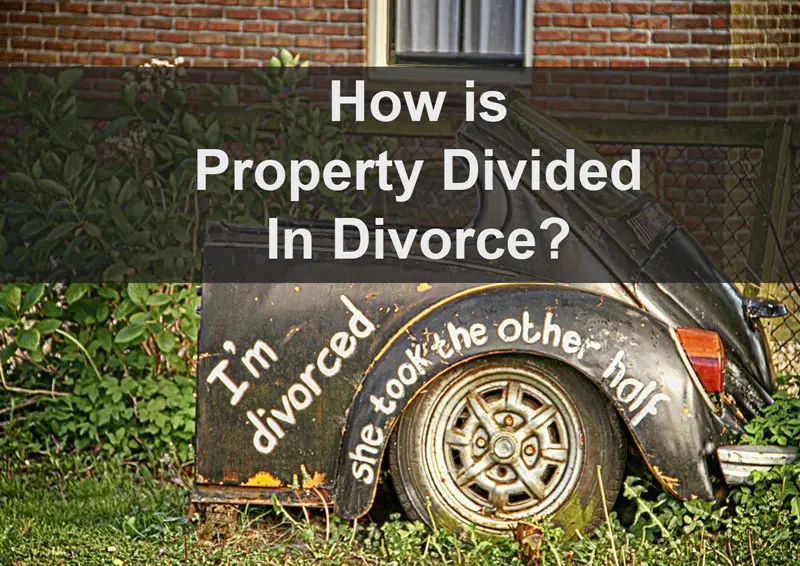When a new client sits down with our Raleigh divorce attorneys for the first time,…

Divorce is a process that divides two people physically and emotionally, and it also results in the division of money and other property.
But what exactly are you dividing, and who gets what?
The following information provides some answers to questions you may have regarding property division between you and your spouse.
North Carolina courts follow an Equitable Distribution system when it comes to dividing property between you and your spouse in a divorce. In divorce, property is divided in the most fair or “equitable” way possible.
- First, the court must determine what property owned by you and your spouse is legally subject to Equitable Distribution.
- Second, the net value of this property must be established.
- Third, the court must determine the most fair and equitable way to divide this property considering various factors and circumstances surrounding your marriage.
Types Of Property in Property Division
There are three types of classifications when it comes to property owned by you and your spouse: “marital” property, “divisible” property, and “separate” property:
- Marital property includes all presently owned real (e.g. houses) and personal property (e.g. bank accounts, cars, etc.) acquired by either spouse or both spouses during the course of the marriage and before the date you separated.This also includes all vested and nonvested pension, retirement, and other deferred compensation rights acquired by either spouse or both spouses during the marriage and before separation. Marital property is subject to Equitable Distribution.
- Divisible property refers to all appreciation and diminution in value of marital property and divisible property of the parties occurring after the date of separation and prior to the date of distribution, except that appreciation or diminution in value which is the result of a spouse’s actions/activities occurring post-separation.Divisible property also includes all property, property rights, or any portion thereof received after the date of separation but before the date of distribution that was acquired as a result of the efforts of either spouse during the marriage and before the date of separation.This includes, but is not limited to:
- commissions
- bonuses, and
- contractual rights
Passive income from marital property received after the date of separation (such as interests and dividends), and passive increases and decreases in marital debt and financing charges and interest related to marital debt also fall within the category of divisible property. Divisible property is also subject to Equitable Distribution.
- Separate property generally refers to all real and personal property that you or your spouse obtained before you got married or that you inherited or received as a gift (with some exceptions). Separate property is not subject to Equitable Distribution.
Factors that Affect Post Marriage Equitable Distribution
Although there is a statutory presumption that equal distribution between spouses would be the most equitable, there are a variety of factors that may be argued by either party in order to justify an unequal distribution.
Additionally, classifying property as “marital,” “divisible,” or “separate” can often prove to be difficult.
For example, a business started prior to the marriage but that grew during the marriage can be a difficult asset to categorize within the Equitable Distribution property definitions.
In other words, what at first glance may appear to be a separate asset could potentially have a marital component that is subject to Equitable Distribution. Because these issues are not always clear-cut, you should consult with an experienced divorce attorney who can assist you in classifying you and your spouse’s assets.
Private Agreements Between Divorcing Couples
Finally, you and your spouse can always come to a private agreement as to how your property will be divided. This option can be appealing because it requires less time and expense than going to court. If you and your spouse are unable to agree, a Family Court Judge will ultimately make the decision for you.
Speak to a Raleigh Divorce Attorney about Equitable Distribution
In any case, it is very important that you have a talented divorce attorney by your side so that your interests and legal rights will be protected. Call The Doyle Law Group, P.A. at (919) 301-8843 today to schedule a consultation with one of our excellent divorce attorneys.



